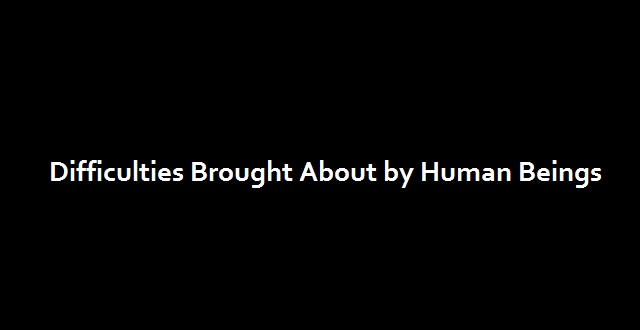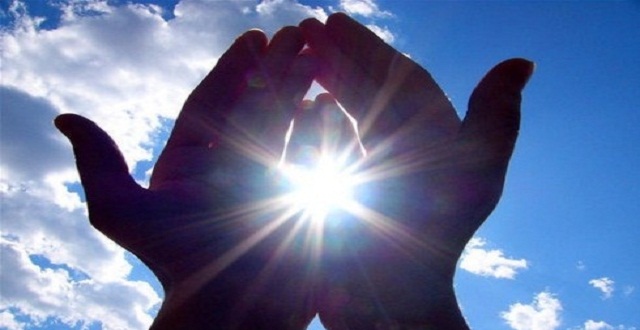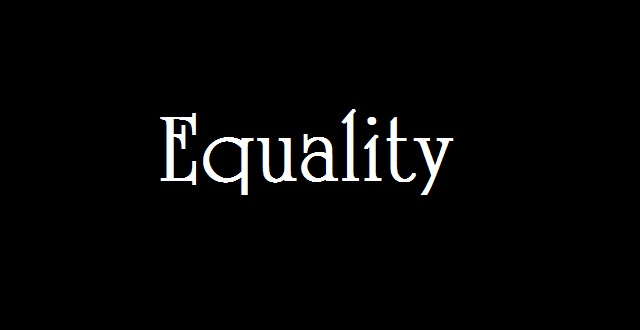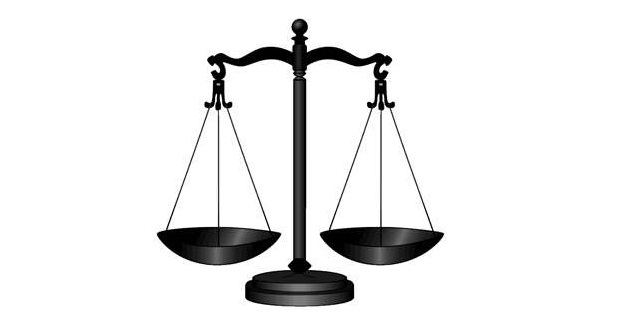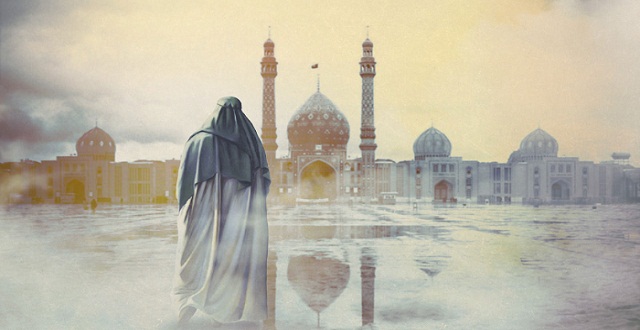
Many people ask themselves, “Is the world after death similar to this world? Or does it have differences?”
Its rewards, its punishments, and, finally, the laws and system which rule it, are they like this world? In response, it must be clearly stated that: We have many witnesses in hand which show that this world and that world are very different from each other, so that that which we know in this world is like a mirage that we see from a distance.
It is best if we explain it with the example of the fetus — like the difference which exists between the world of the fetus and this world, the separation between this world and the next exists, or it is greater.
If a child who lives in the world of the fetus had intelligence and wished to have a correct image about the external world, heaven and earth, the sun and moon and stars, the mountains and jungles and seas, most certainly, it could not.
For a child who lives in the world of the fetus and who has seen nothing but the small world within its mother’s womb, concepts of the moon and sun and seas and waves and thunder storms and breezes and flowers and the beauties of this world would not exist.
All of its vocabulary is summarized in a few words. And if someone outside of its mother’s womb could speak with it, it would never be able to understand its language.
The limitations of this world with the extensiveness of another world is this much or more. Thus, we do not have nor will we ever have the power neither to know about the blessings of another world nor to know what Paradise is.
Thus, we read in a Tradition, “There are blessings in heaven which no eyes have seen, no ears have heard and have entered no one’s brains.”
The Holy Qur’an expresses this same idea in different words:
“Now no person knows what delights of the eye are kept hidden (in reserve) for them — as a reward for their good Deeds.” (32:17)
The powers and systems ruling that world also have great differences with this world. For instance, in the trial of the Day of Judgment, the witnesses for the deeds of a human being will be his or her hands and feet, skin and body and even the earth upon which a sin or a good deed was performed will bear witness.
“That Day shall We set a seal on their mouths their hands will speak to Us and their feet bear witness to all that they did.” (36:65)
“They, will say to their skins: ‘Why do you bear witness against us?’ They will say, ‘God has given us speech — (He) Who gives speech to everything: He created you for the first time and unto Him were you to return,” (41:21)
Of course, one day conceptualizing this was extremely difficult but with examples gained from the progress of science, there is no longer room for amazement.
At any rate, even though we only know the benefits of the next world as a mirage and even though we cannot come to know the extensiveness and importance and particulars of the Hereafter, but we know this much that the blessings of the world as well as its punishments are both physical and spiritual because the Resurrection contains both aspects, and, naturally, its rewards and punishments must have both aspects.
“And give glad tidings to those who believed and did good deeds that for them are gardens underneath which rivers shall flow. Wherever they are provided with a fruit from there as a provision, they shall say, ‘This is what we had been provided with before and shall be brought of it similarities and there, for them, are purified mates; and they are therein forever.” (2:25)
“God has promised to believers, men and women, gardens under which rivers shall flow to dwell therein and beautiful mansions in gardens of everlasting bliss. But the greatest bliss is the good pleasure of God: that is the supreme felicity. “(9:72)
Those who are to go to Paradise because God is satisfied with them, and their Creator has accepted them, are so happy and full of pleasure which is incomparable to anything else.
As to those who are going to go to Hell, in addition to the fire and harsh physical punishments, the anger of the Creator is awaiting them, and that is greater than any kind of torture.
Embodiment of Deeds
It is worth noting that many verses of the Holy Qur’an can be used to show that at the Resurrection, our deeds will be enlivened and will be present for us in various ways and one of the important areas of rewards and punishments is this very embodiment of deeds.
Oppression and injustice will appear in the form of black tools and will surround us as a Tradition from the Holy Prophet tells us, “Injustice is darkness on the Day of Resurrection.”
“They will soon be enduring a blazing fire.” (4:10)
“One Day shall you see the believing men and the believing women, how their light runs forward before them and by their right hands (their greeting will be), ‘Good News for you this Day! Gardens beneath which flows rivers! To dwell therein forever. This is indeed the highest achievement.” (57:12)
“And let not those who covetously withhold of the gifts which God has given them of His Grace, think that it is good for them. Nay, it will be the worse for them. Soon shall the things which they covetously withheld be tied to their necks like a twisted collar on the Day of Judgment to God belongs the heritage of the heavens and the earth.” (3:180)
We know that knowledge and science today tells us that nothing in the world is destroyed; material and energy are continuously changing form without them ever disappearing. Our deeds and acts are no different and according to this rule, they remain eternally, The Holy Qur’an, in a short and strong sentence, says about the Resurrection,
“And the Book (of Deeds) will be placed (before you); and you will see the sinful in great terror because of what is (recorded) therein; they will say, ‘O! Woe be upon us! What a book this is! It, leaves out nothing, small or great, but takes account thereof!’ They will find all that they did, placed before them; and not one will your Lord treat with injustice.
“Behold! We said to the angels, ‘Bow down to Adam, they bowed except Iblis. He was one of the jinns and he broke the command of his Lord. Will you then take him and his progeny as protectors rather than Me? And they are enemies to you!” (l8:49-50 )
“On that Day will men proceed in companies sorted out to be shown the deeds that they (had done).” (99:6)
“So, he who has done an atom’s weight of good shall see it…And he who has done an atom’s weight of evil shall see it.” (99:7)
Notice that it says you will see that very deed.
The fact that our deeds, large and small, good and bad, will remain guarded and permanent in this world and will not be destroyed and at the Day of Judgment, they will be with us, can be a warning to all so that we stand up before ugliness and evil and a corrupt environment and be loyal and desirous of good deeds.
The amazing thing is that today, things have been invented which can help us envision this fact in this world.
At any rate, many of the questions which relate to the Resurrection and the eternality of rewards for good deeds and punishments for evil deeds in the Holy Qur’an refers to good or bad deeds in our spirit and body which leave effects and these effects will always remain with us.
Think and Answer
1. Is the life of the human being at the Resurrection exactly similar to life in this world?
2. Can we really conceive of rewards and punishments of the Resurrection?
3. Do the rewards for good deeds and punishments f or evil deeds only have a physical quality?
4. What does embodiment of deeds mean and how does the Holy Qur’an refer to it?
5. At the Resurrection, what difficulty does ‘embodiment of deeds’ solve?



